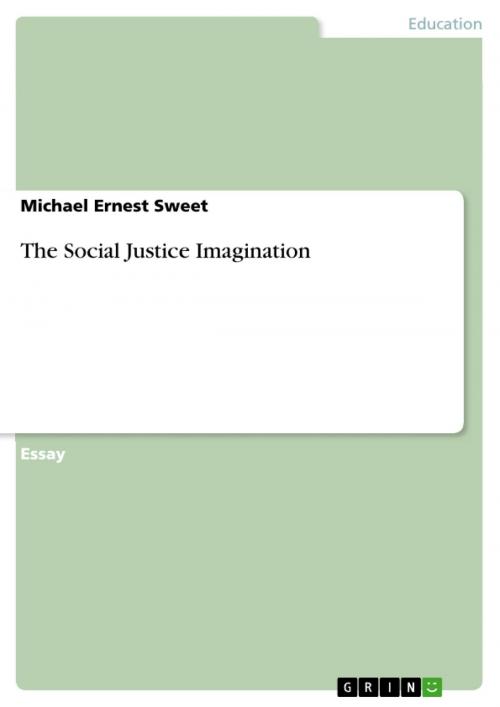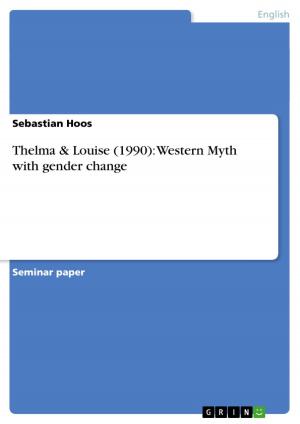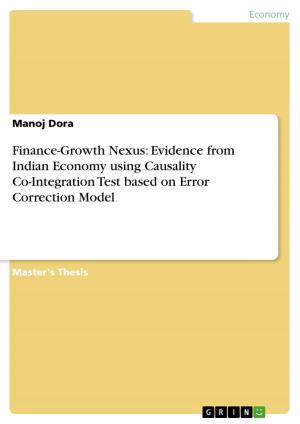The Social Justice Imagination
Nonfiction, Reference & Language, Education & Teaching, Educational Theory, Educational Psychology| Author: | Michael Ernest Sweet | ISBN: | 9783656051503 |
| Publisher: | GRIN Publishing | Publication: | November 9, 2011 |
| Imprint: | GRIN Publishing | Language: | English |
| Author: | Michael Ernest Sweet |
| ISBN: | 9783656051503 |
| Publisher: | GRIN Publishing |
| Publication: | November 9, 2011 |
| Imprint: | GRIN Publishing |
| Language: | English |
Essay from the year 2010 in the subject Pedagogy - School Pedagogics, , language: English, abstract: The Social Justice Imagination (a term coined by award-winning educator and writer Michael Ernest Sweet) refers to the notion that creative writing can be a significant opening toward strengthening the imaginative process implicit in social justice compassion and understanding. That is, through the literary imagination we come to understand others, unlike us, and develop empathy for their plight. The literary imagination informs our understanding of the human condition and with this we are better enabled to be motivated toward social justice. The book uses specific student-written creative writing samples to elucidate this notion.
Michael Ernest Sweet is an award-winning Canadian educator, writer, and photographer.
Essay from the year 2010 in the subject Pedagogy - School Pedagogics, , language: English, abstract: The Social Justice Imagination (a term coined by award-winning educator and writer Michael Ernest Sweet) refers to the notion that creative writing can be a significant opening toward strengthening the imaginative process implicit in social justice compassion and understanding. That is, through the literary imagination we come to understand others, unlike us, and develop empathy for their plight. The literary imagination informs our understanding of the human condition and with this we are better enabled to be motivated toward social justice. The book uses specific student-written creative writing samples to elucidate this notion.
Michael Ernest Sweet is an award-winning Canadian educator, writer, and photographer.















